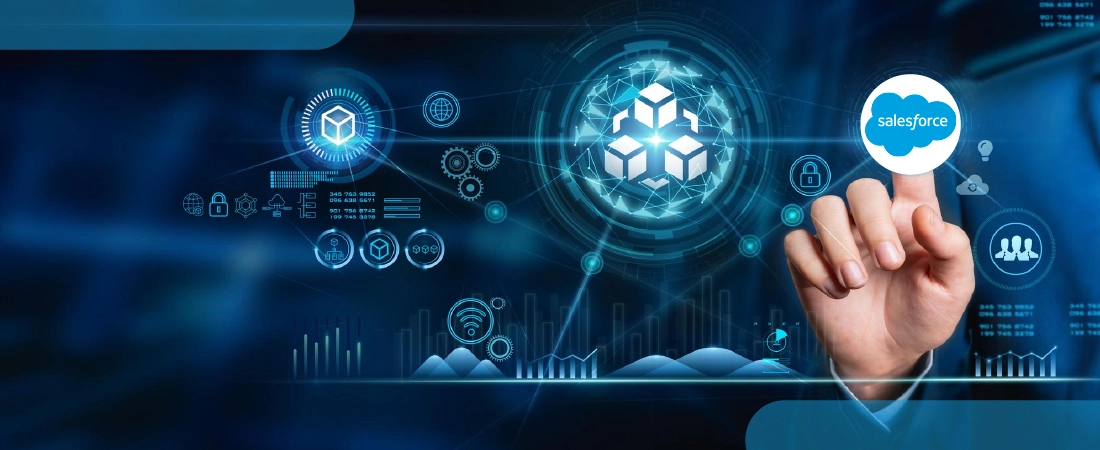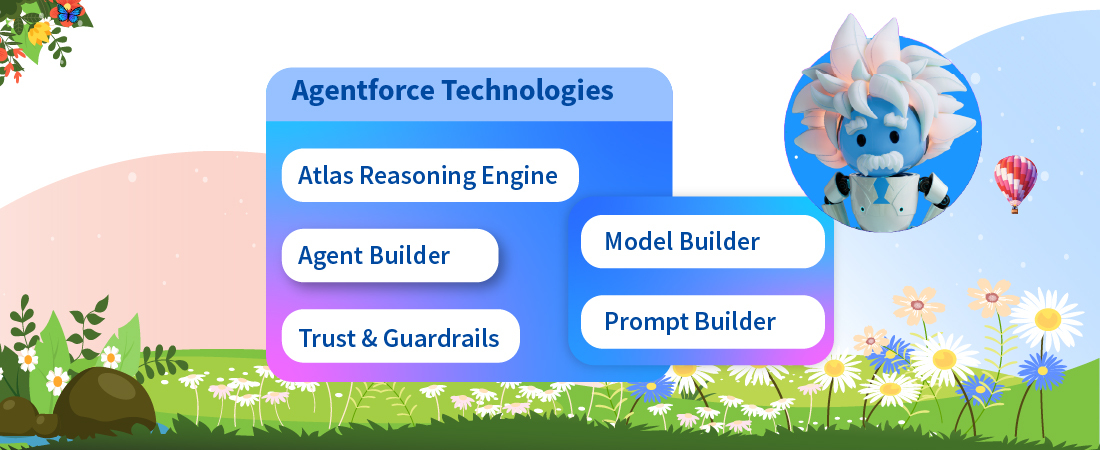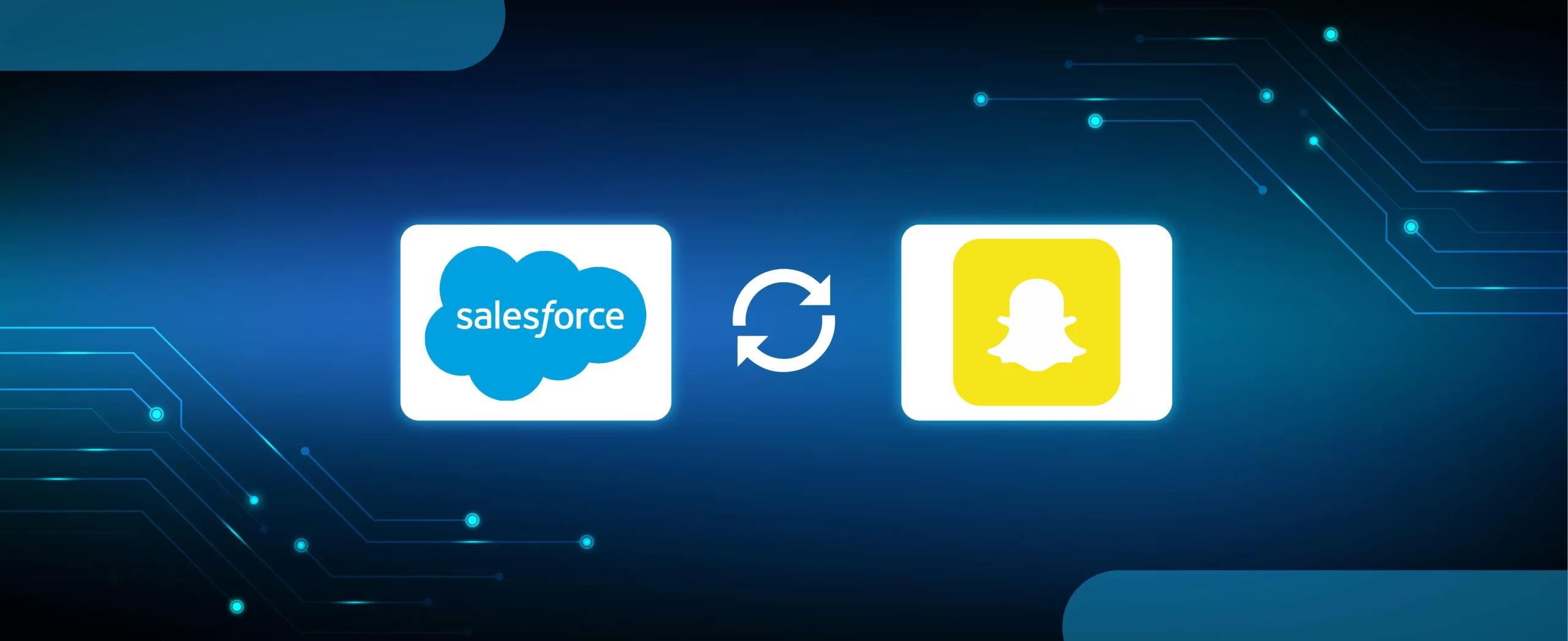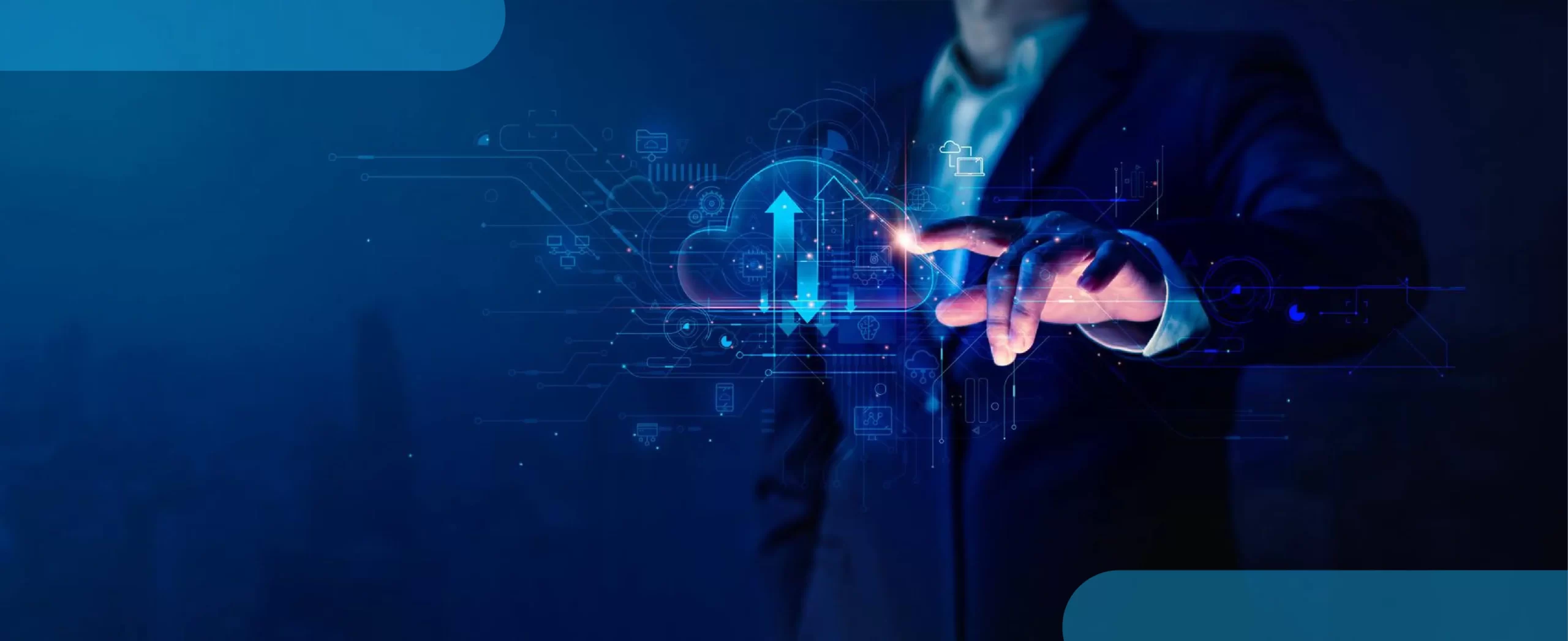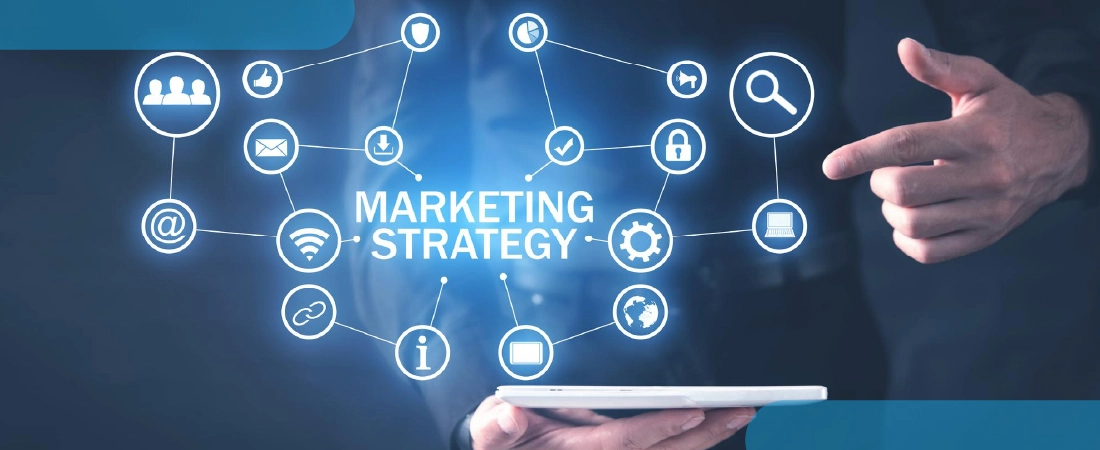What even is Blockchain?
For the uninitiated, Blockchain, refers to a technology wherein one adds unique,hashed and immutable attributes as ‘blocks’ to a chain of previous blocks with each transaction.
Or at least that’s the short of it.
With the onset of a growing interest in cryptocurrency, big tech is now getting behind Blockchain-based models too. Unsurprisingly, Salesforce is also said to think of extending CRM functionalities to smart contracts.
Even more, going by Deloitte’s 2019 Blockchain Survey, investments in blockchain-based spending by about 40% of surveyed organizations is around $5 Million.
The tech behind the noise:
The general value proposition associated with such problems is as follows:
- Find an asset whose origins are suspect and could increase in valuation if you could pin down ownership and all the places where it changed hands
- Affirm transaction protocol ethicality and adequateness.
- Record attributes of the asset to give it unique features, an immutable and hashed DNA sequence of sorts, unique to the asset.
- Let attributes be added to sequence as a ‘block’ every time the asset changes hands or is modified. This way if anyone tries to upsell or steal, everyone knows. You can’t change or alter records unilaterally.
For the most part, that seems like the idea and promise of businesses around blockchain:
- Universal, declarative contracts that write themselves
- Assets that track their origins
- And everything rests on networks holding on to the assets history, and validation of new transactions of the asset through known algorithms
Should you care about Blockchain
For one thing, the value proposed by Blockchain is too great to pass off for a fad or an aberration. Rather, it may just be, what television was to the radio – a technology that makes life without it unimaginable when it finally arrives.
That said, its potential as a trust-building enabler hasn’t gone unnoticed. Here is a look at some pros that position blockchain as a staple for the way we might transact in the future:
- Replacing cross-company silos with consolidated views will help companies offer better services to customers
- Customer trust in transactions will open new avenues and pave the way for innovative businesses
- Early adoption will be a basis for faster contracts
- From a security standpoint, verifiable records could be used to validate sensitive customer data.

Salesforce's current outlook towards Blockchain
So far, things are looking up for Blockchain at Salesforce HQ. It seems to see value in building trust between cross-company data silos to consolidate data, reduce over-processing. As a result, customer back-and-forth would decrease by providing singular, trusted overviews of customer circumstances. Additionally, Salesforce looks at configuring Blockchain networks to send out notifications, automate actions, and trigger workflows.
Yet another area eyed by Salesforce is applying its metadata and declarative-ness to abstract Blockchain for developers and users. Salesforce representatives demonstrated this at a recent Dreamforce conference.
How soon before you make an actual Blockchain-based purchase
While there’re already several companies with blockchain products on offer, it may still see some years in development to a mature as a technology. Here’s why adoption may take a while:
- Expensive as a technology
Requires all nodes to share the same blockchain or ledger, which is very network resource as well as compute-extensive.
- Blockchain adoption in CRM
Decentralization may mean that not all partners in a network may have adequate network resources to facilitate transactions.
In addition, the technology also needs to integrate better with networking and computing capabilities of the time to be feasible in its current implementation forms.
